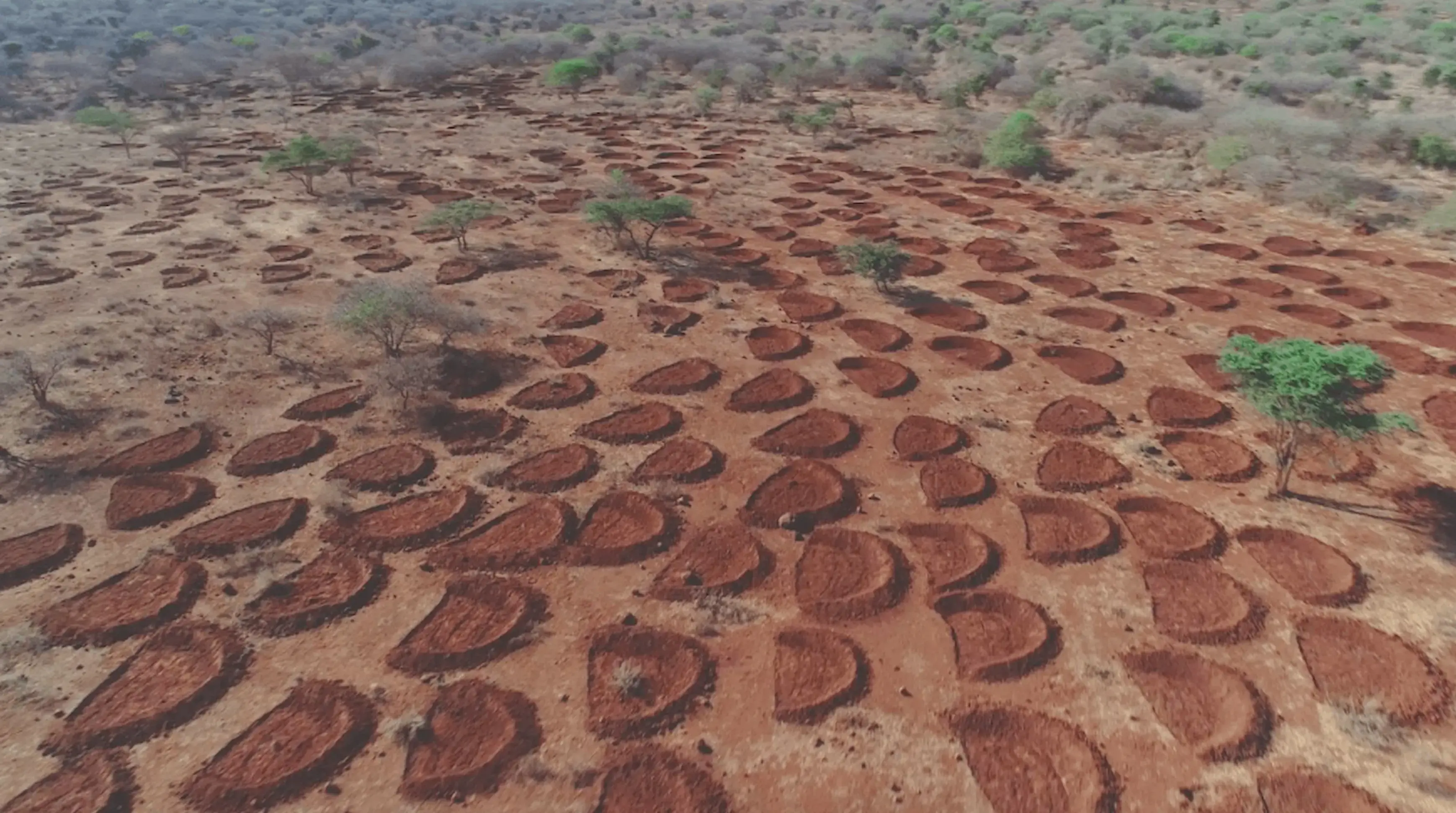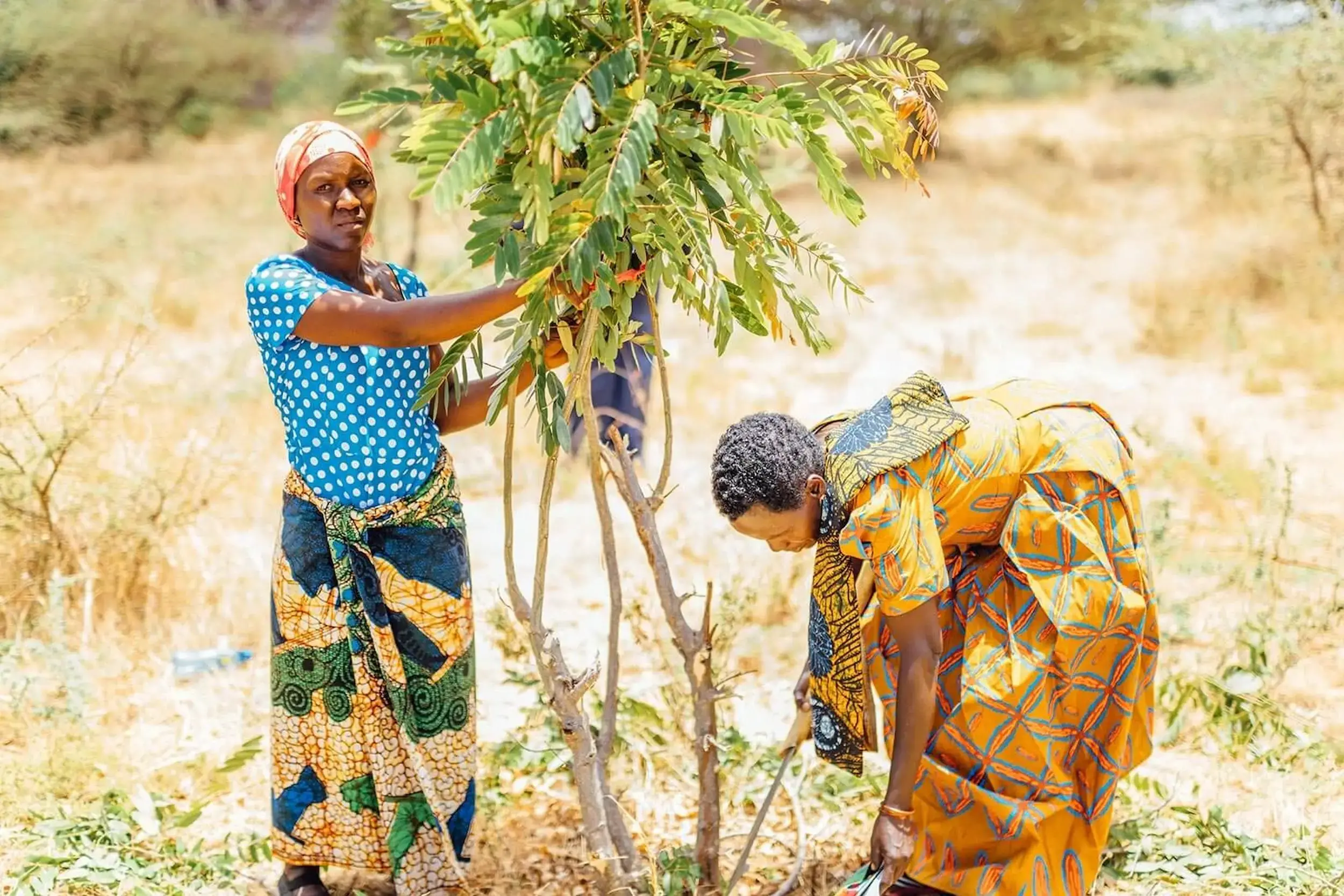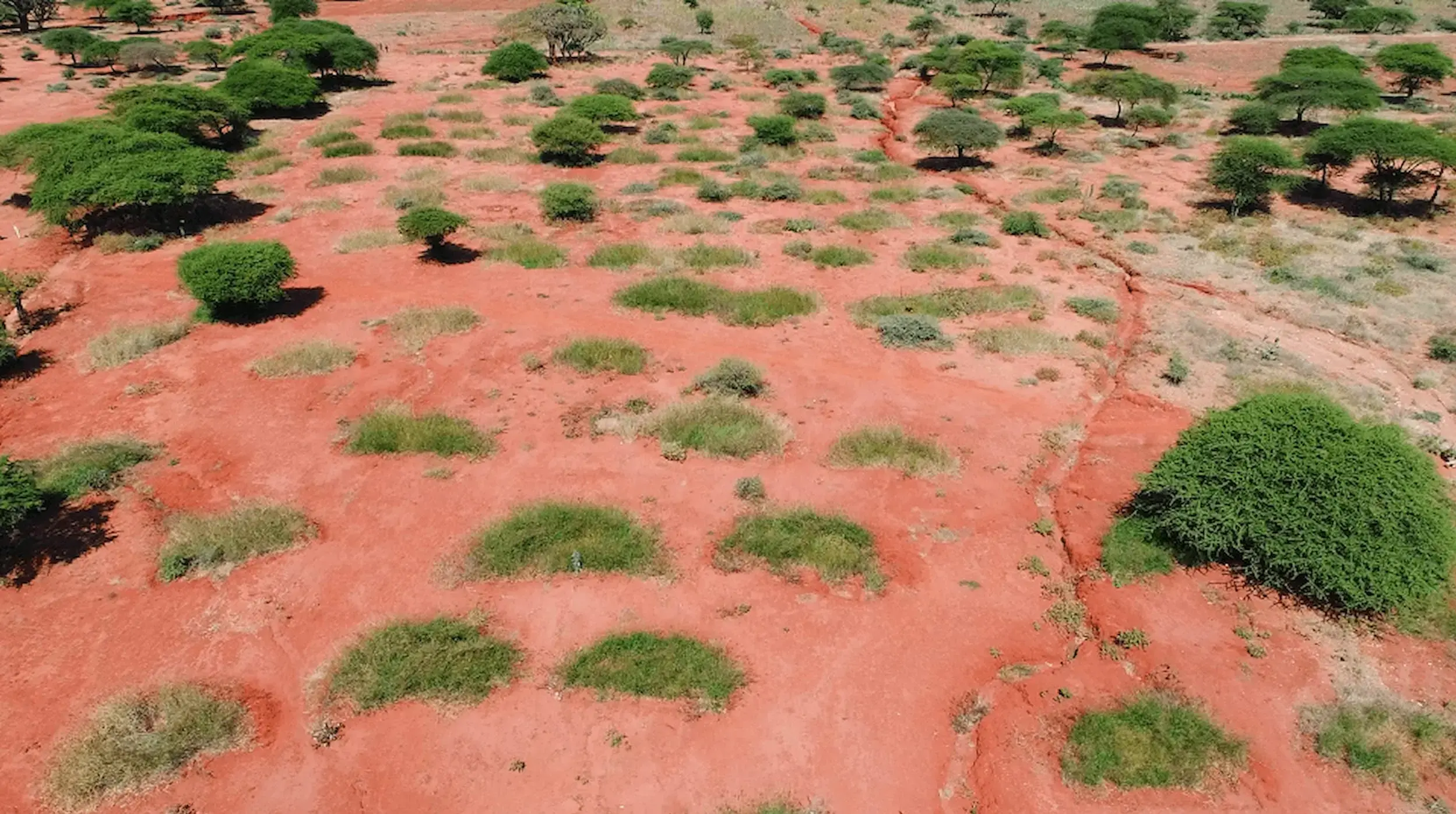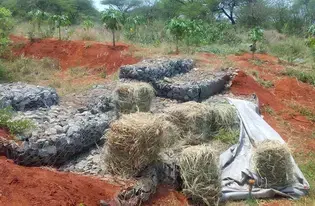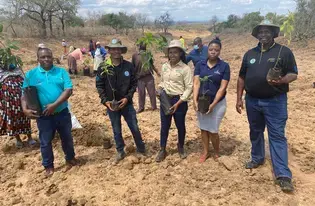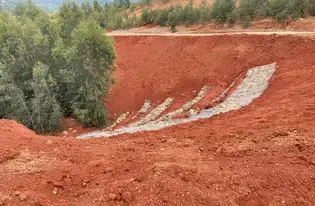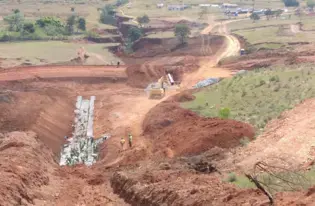Justdiggit's work to restore degraded landscapes is generating environmental benefits in Tanzania, and the community is at the forefront of the unique initiative.
In semiarid central Tanzania, soil erosion is particularly severe. High levels of overgrazing, over-cultivation, and the burning of grasslands and woodlands have left much of the land desolate and many communities hungry and poor.
Justdiggit is a Dutch-based non-governmental organization with a mission to restore degraded landscapes, regreen Africa and the world at large, and cool down the planet. The organization is working with farmers across Africa to achieve its mission.
Justdiggit is restoring degraded landscapes by utilizing farmer-managed natural regeneration, an innovative technique designed to beat poverty and hunger by regenerating trees from roots hiding in damaged souls.
Justdiggit expanded into Tanzania in 2016, where it supports farmers to restore landscapes, in the central regions of Central Dodoma, Singida, Morogoro and Iringa and in the north across Arusha and Manyara.
Justdiggit is partnering with LEAD Foundation, Trias and TerraFund for AFR100, an initiative of World Resources Institute, One Tree Planted, and Realize Impact that finances Africa's top restoration enterprises and projects, to introduce nature-based solutions and rehabilitate degraded landscapes. With the support of TerraFund, Justdiggit will expand its farmer-managed natural regeneration program into the Singida region.
Just Diggit’s philosophy is that achieving a long term vision requires collective efforts. That’s why partnerships and community engagement have been central to their work.
The restoration project began with the farmers who own, manage and understand the importance of healthy lands. The organization now works with 1,400 farmers through the project, of which 53 percent are men and 47 percent are women, and has 20 full-time staff.
The project has introduced three restoration methods to rehabilitate millions of hectares of land, including farmer-managed natural regeneration.
Known as Kisiki Hai in Swahili, which translates as “living stump,” this method is farmer and pastoral centered and can be done from the household to the community level. It involves regrowing trees from the stumps left after forests are cut down for firewood and charcoal.
Fatuma Maganga, a farmer from Bumila village in Mpwapwa, says the approach is helping farmers and supporting the restoration of degraded ecosystems.
“I have been growing vegetables for many years now. But when I applied the Kisiki Hai technique on my farm, the vegetables started tasting better. This is because they are not affected by direct sunlight; the shade of the Kisiki Hai trees reduces the sun’s intensity, which helps the vegetables grow and taste better,” says Fatuma.
Other approaches include rainwater harvesting, known as Fanya Juu Fanya Chini, which translates as “throw it upwards and downwards” in Swahili. This involves digging trenches to retain rainwater on farmland and prevent soil erosion. The project also considers communication and technology essential and uses advertisements, SMS, radio programs and mobile apps to inform and train the community about restoration.
As a result of this dynamic restoration work, Justdiggit and its partners have regenerated more than 9 million trees across 304,000 hectares of land in central Tanzania and 22,000 hectares in the north. In addition, more than 650,000 farmers have been trained and empowered to restore their own land, and 4 million people are now aware of the benefits of natural regeneration.
The empowered farmers, in collaboration with project coordinators, have embarked on a journey to train other farmers and the community at large to regreen their land. Through these efforts, 121,000 households and 2,300 institutions have been engaged and impacted by this work since 2016.
The project looks forward to inspiring and engaging more farmers to adopt Kisiki Hai in 1,000 villages in central Tanzania by 2030. By doing so, 400,000 farmers will be engaged, tens of millions of trees regenerated and hundreds of thousands of hectares of degraded land restored.
Mary Sengelela, Justdiggit Restoration Manager, says: “We are looking for like-minded partners to collaborate in the ongoing restoration journey and also support our farmers by introducing more green mobile apps to help them track their restoration progress.”
With organizations like Justdiggit hard at work, the future looks promising for farmers across Tanzania who can now be part of Africa’s landscape restoration movement and improve livelihoods in their communities.
